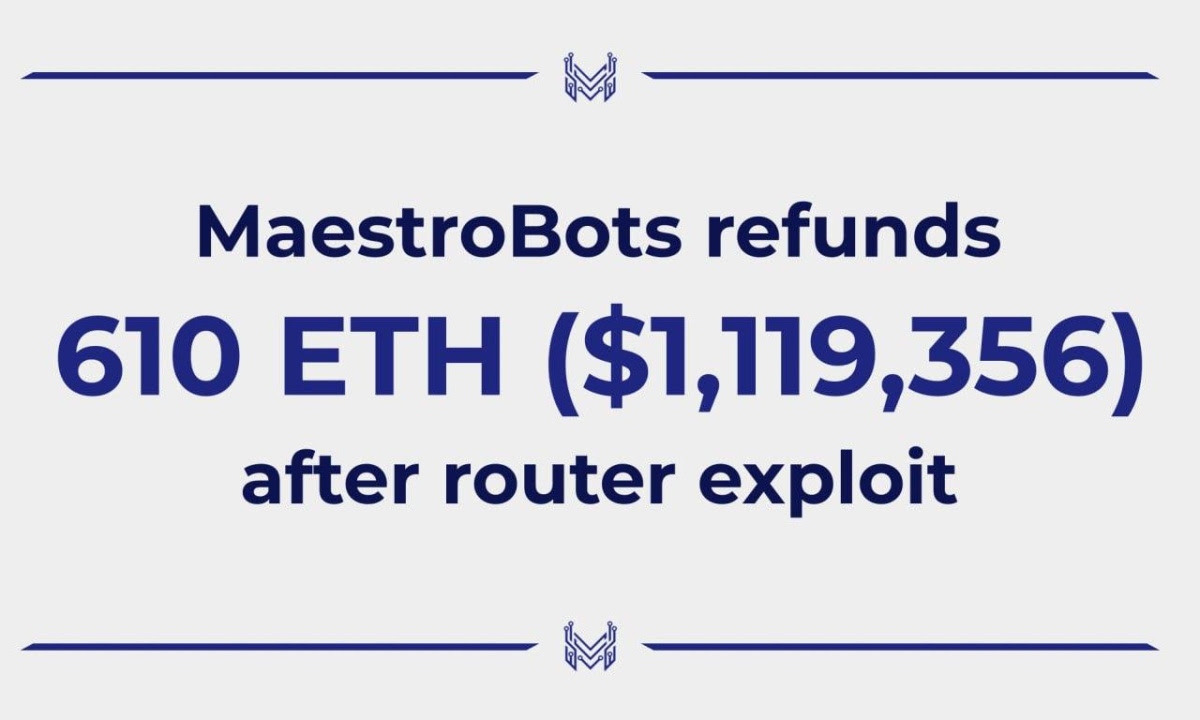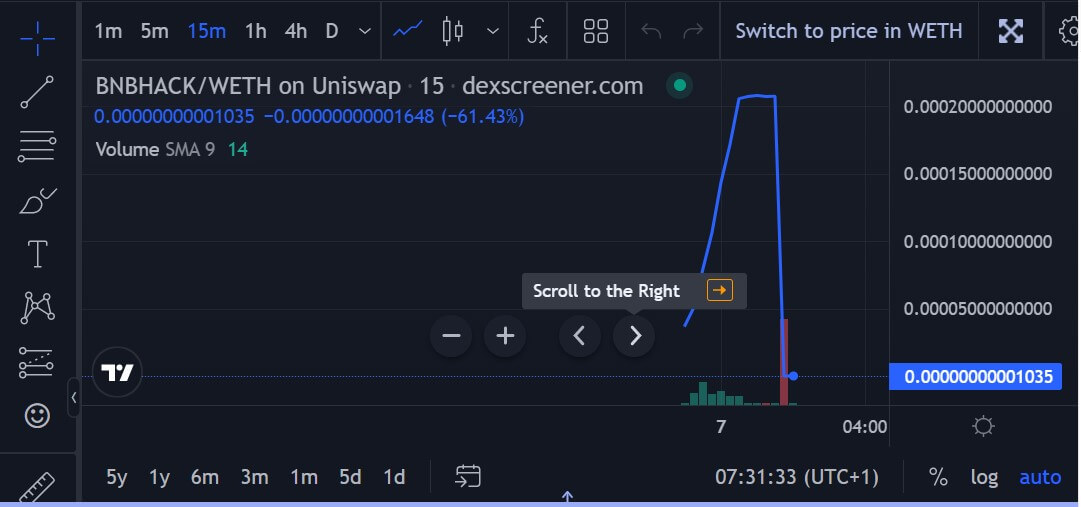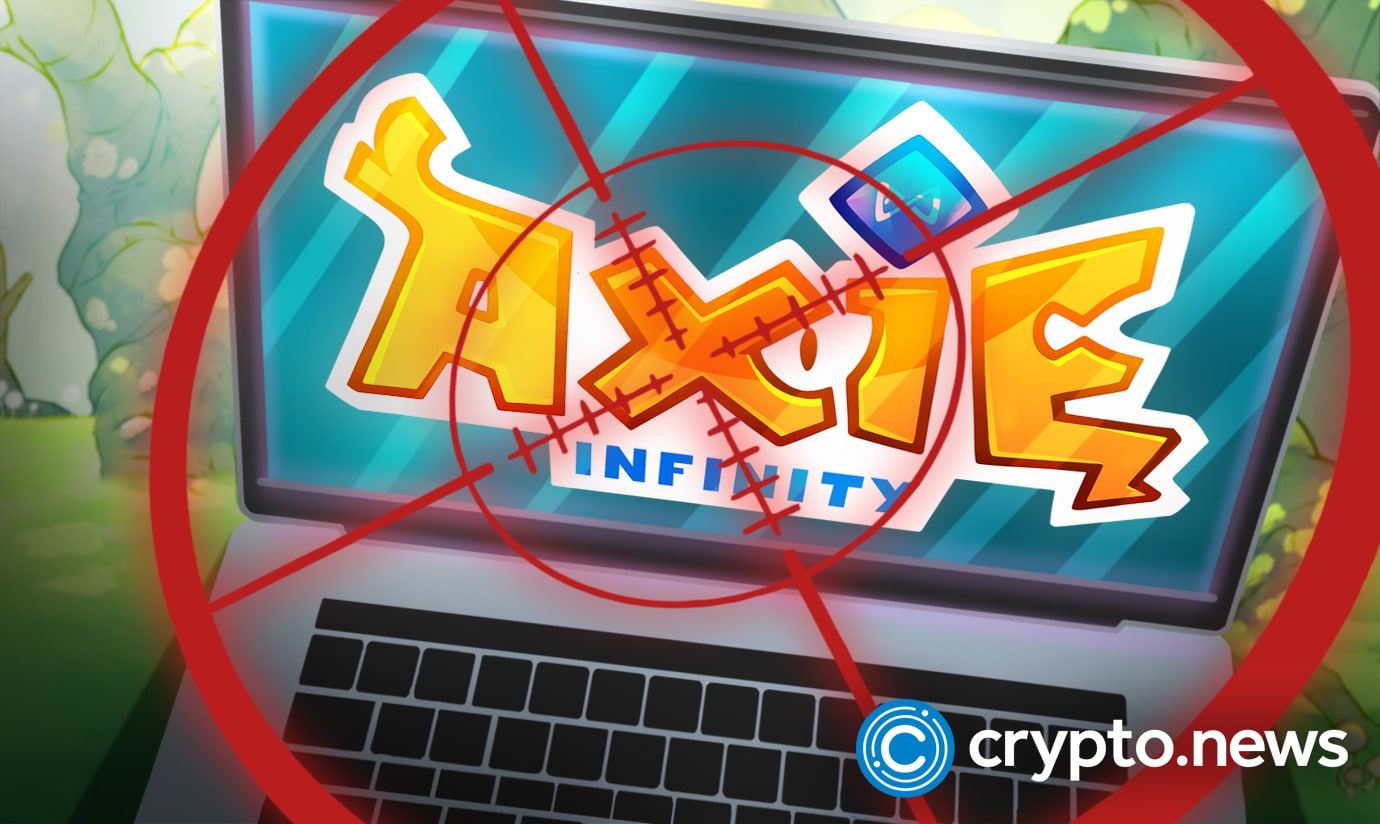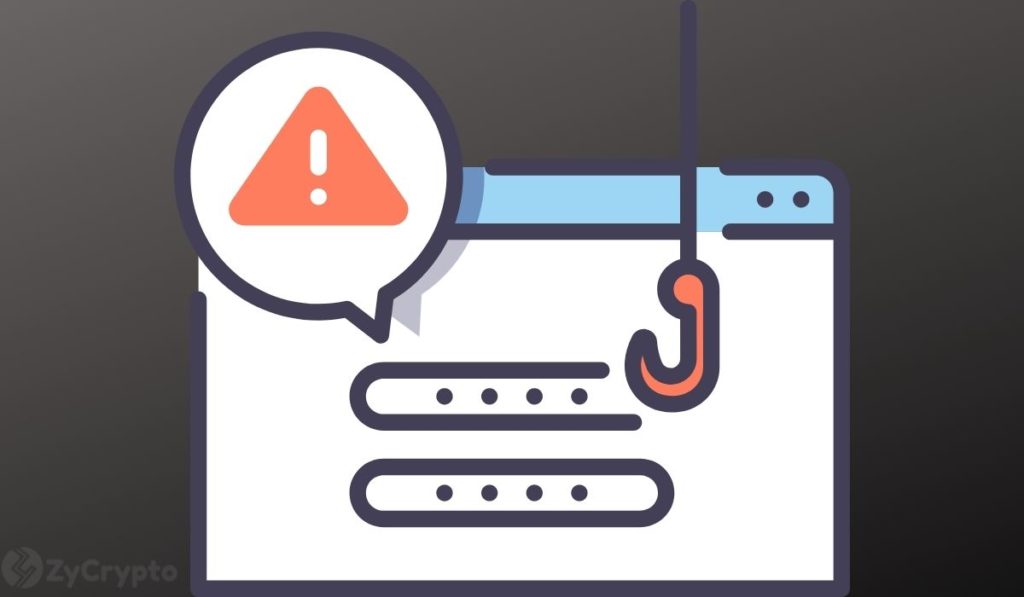2023-11-7 17:00 |
MaestroBots, a prominent cryptocurrency trading bot on the Telegram messenger app, has swiftly taken action to refund users who were affected by a recent smart contract exploit.
In an incident that unfolded on October 24, a total of 280 ETH was targeted.
In response, the Maestro team took immediate action to refund the users impacted by the Maestro Router 2 contract exploit. This commitment to user security and trust was announced on social media platform X (formerly Twitter) on October 25.
MaestroBots allocated a substantial sum of 610 ETH from its own revenue to cover all user losses. At the time of writing, this sum exceeded $1 million. The statement from MaestroBots read, “Every wallet that lost tokens in the router exploit has now received the full amount they lost. Some of you ended up with even bigger bags.”
For nine out of the 11 exploited tokens, MaestroBots opted to buy and refund tokens instead of sending ETH, deeming it the most equitable and comprehensive refund. MaestroBots spent 276 ETH to secure users’ tokens, demonstrating their commitment to user safety.
For the remaining two tokens, Joe (JOE) and Lockheed Martin Inu (LMI), the refund was issued in ETH due to liquidity constraints in buying back the lost tokens. To express appreciation for the affected users’ trust and support, MaestroBots increased the refund amount by 20%, resulting in a total cost of 334 ETH.
CertiK, a blockchain security firm, verified the transactions, confirming the 334 ETH compensation disbursed to users by MaestroBots.
Abbas Abou Daya, CEO of MaestroBots, said, “We absolutely refuse to expose our users to such bad actors, and we needed to do right by the few who were affected. The only right option was refunding every single user to the absolute best of our ability. Every wallet that lost tokens in the router exploit has now received the full amount they lost. Some of you ended up with even bigger bags.”
Abou Daya further explained the choice to buy and refund tokens for most of the affected tokens, stating, “For 9 out of the 11 exploited tokens, we chose to buy and refund tokens instead of simply sending ETH because it’s the most equitable and complete refund we can offer for the incident.
This gives full control back to the user (plus you can dump on our buys). We spent 276 ETH to secure our users’ tokens. For the other two tokens (JOE and LMI), there simply wasn’t enough liquidity to allow us to buy back the lost tokens, so we compensated affected users with the ETH equivalent of their tokens and boosted that amount by 20% because you deserve it. These refunds cost 334 ETH.”
Abou Daya highlighted the quick response to the incident, stating, “Overall, the full refund campaign concluded a mere 10 hours after the exploit. These refunds cost us a total of 610 ETH (~$1.1M), but it’s a small price to pay to ensure your safety and peace of mind.”
The MaestroBot team is committed to user safety, “Team Maestro apologizes for the error. We hold ourselves to a higher standard. That being said, the exploit was fully shut down within 30 minutes, trading capabilities were restored within 2 hours, and full refunds were issued within 10 hours. Anyone who was affected was made whole. Maestro: Router 2 is now completely safe.
We hope that the swiftness of our response, paired with the completeness of the offered refund, can serve as a powerful reminder of our continued commitment to do right by our users.”
CertiK, a blockchain security firm, confirmed the safety and integrity of Maestro: Router 2 following the swift response and resolution of the incident.
About MaestroBotsMaestroBots is a leading Telegram bot for cryptocurrency trading, offering a wide range of services across Ethereum, BNB Chain, and Arbitrum networks. The platform prioritizes user security and is committed to safeguarding user assets by promptly addressing and resolving the recent smart contract exploit. For more information about MaestroBots, please visit website
The post Maestro Trading Bot Refunds 610 ETH to Users Following Router Exploit appeared first on BeInCrypto.
origin »Bitcoin price in Telegram @btc_price_every_hour
Bodhi (BOT) на Currencies.ru
|
|





















